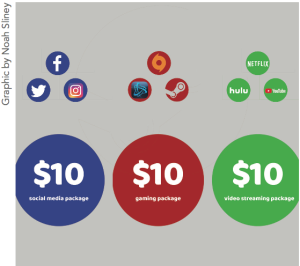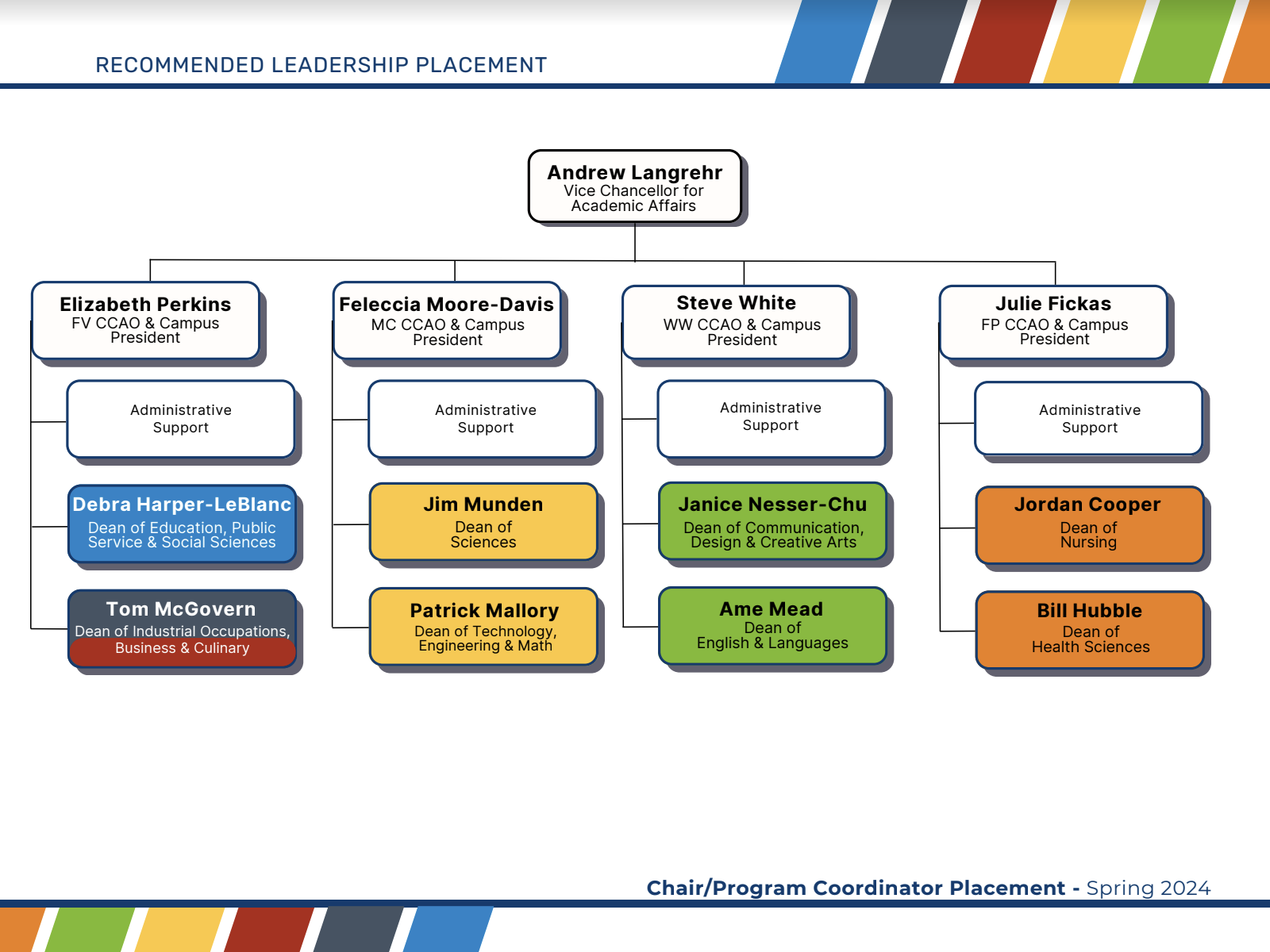FCC’s vote could determine internet speeds, access to information according to STLCC web designers
By: Melissa Wilkinson
Editor-in-Cheif
 On Dec. 14, internet in the United States could change forever–and not necessarily for the better. The Federal Communications Commission (FCC) announced plans to vote to repeal their current net neutrality rules, according to Chairman Ajit Pai.
On Dec. 14, internet in the United States could change forever–and not necessarily for the better. The Federal Communications Commission (FCC) announced plans to vote to repeal their current net neutrality rules, according to Chairman Ajit Pai.
The internet can be broken down into several Internet Service Providers (ISPs) including Verizon, Comcast and Spectrum, said STLCC Senior Web Designer Ben Shasserre. Net neutrality, a term coined by Columbia law professor Tim Wu in 2003, is what allows everyone in America to access the same information at the same speeds through those providers.
“The internet at the moment is an open, free, clear thing,” said Shasserre. “Net neutrality basically stops [the ISP’s] ability to regulate the speed and what information is provided to users.”
Repealing net neutrality, however, would give ISPs the ability to determine not only what information users could see but how quickly they can see it. According to Meramec web design professor Matt James, this means ISPs could dictate network speeds for their services based on what benefits themselves.
“[Currently] Verizon, who is a part of the same company as Yahoo, cannot slow Google dramatically because they would prefer you to use Yahoo…which they are economically tied to. Currently that’s not legal but with the potentially impending repeal they would be able to do that,” said James.
Pai’s argument against net neutrality is that the law allows the government to “micromanage the internet.” The FCC is making the argument that current laws prevent companies from growing their networks, said Shasserre, but there will be consequences for consumers if their plan succeeds.
“The problem with that in my mind is that you’re basically believing in the big companies to make good decisions for consumers…which is not going to happen,” said Shasserre.
This is not the first time issues related to net neutrality have arisen. Until 2015 there were no clear consumer protections put in place to prevent ISPs from throttling information or internet speeds, and large companies took advantage of it.
AT&T, for instance, blocked FaceTime on certain iPhone data plans in 2012 and 2013 in order to encourage more expensive upgrades. While AT&T did receive criticism over the decision, if the FCC votes to repeal net neutrality, the practice could easily be revived with no limitation.
According to James, it’s hard to see how consumers are benefitted in any way by the repeal of net neutrality.
“[ISPs] are the winners in that fight and consumers end up losing because they lose the egalitarian nature of the web,” said James. “On top of that, innovation is stifled too. “If Verizon had a social media network that was popular and a startup came along and made their own network that was better in every conceivable way, Verizon could very easily just slow down that service because they didn’t want the competition.”
While an attempt to repeal net neutrality a few years ago failed due to “an overwhelming voice” of dissent, Shasserre said he thinks the vote could succeed this time.
“I think [the FCC is] trying it again because people are so distracted with everything else that’s going on with our current administration,” said Shasserre. “People might just let this one go because it can’t be as big as the next thing Trump’s going to do.”
Of the two ways the vote could be stopped–the first being one of three FCC board members votes no, the second being the vote is blocked by the US Senate– Shasserre said the latter is more likely.
“Sign the petition…call and email your congressman or woman,” said Shasserre. “Try and get them to pay attention.”











